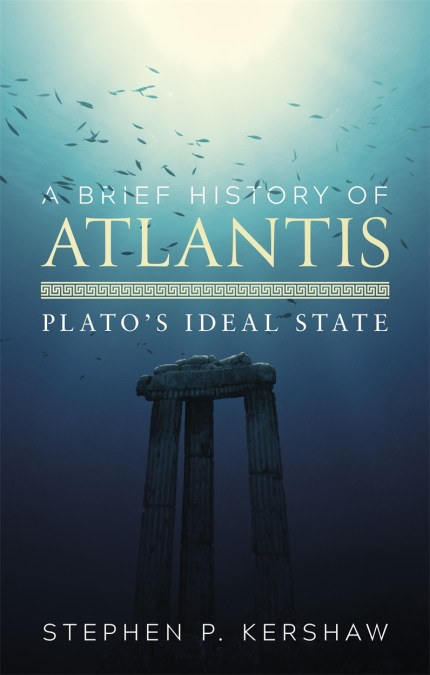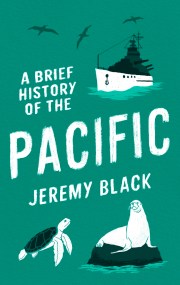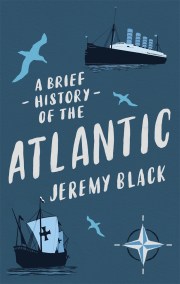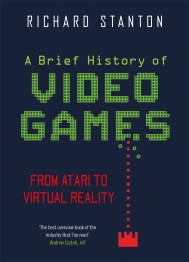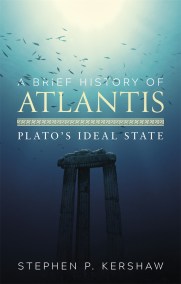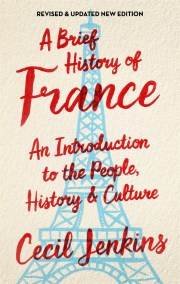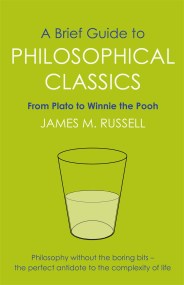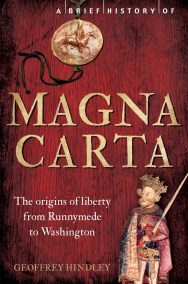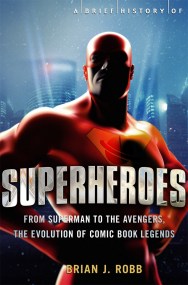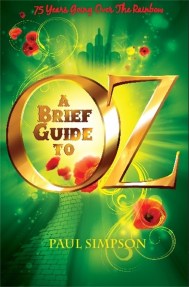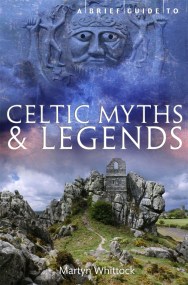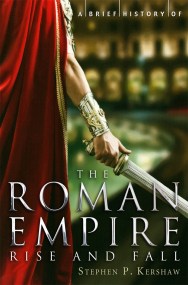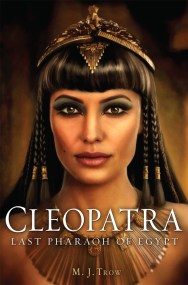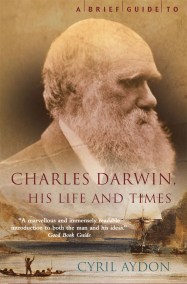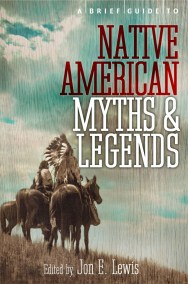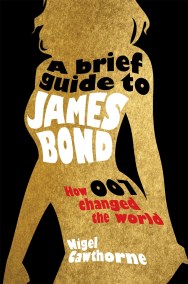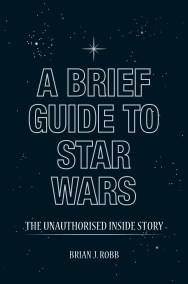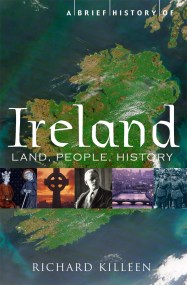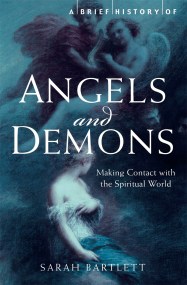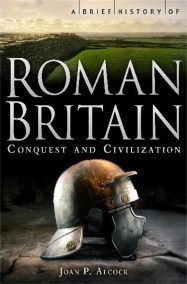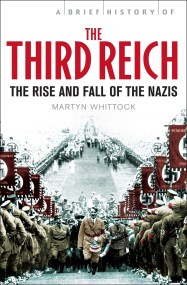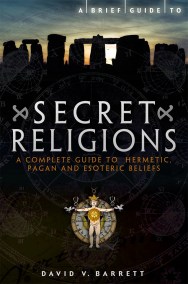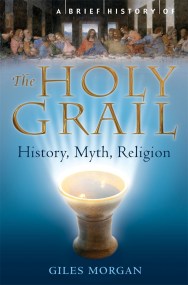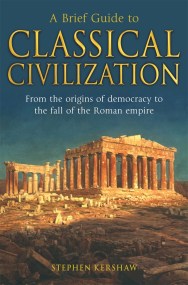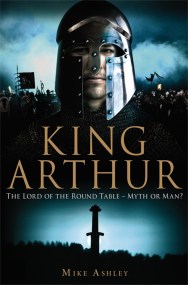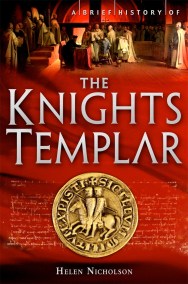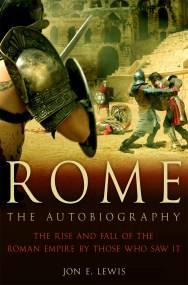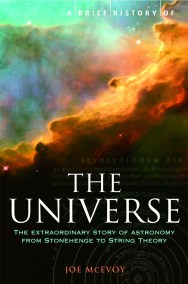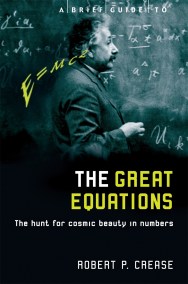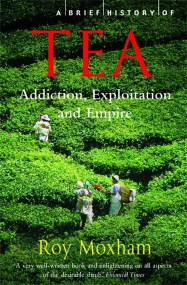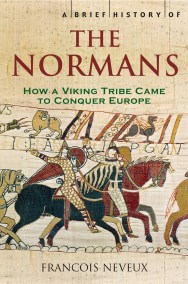A Brief History of Atlantis
On sale
14th September 2017
Price: £12.99
Genre
Humanities / History / History: Earliest Times To Present Day / Ancient History: To C 500 Ce / Classical History / Classical Civilisation
Selected:
ebook / ISBN-13: 9781472137005
The Atlantis story remains one of the most haunting and enigmatic tales from antiquity, and one that still resonates very deeply with the modern imagination. But where did Atlantis come from, what was it like, and where did it go to?
Atlantis was first introduced by the Greek philosopher Plato in two dialogues the Timaios and Kritias, written in the fourth century BC. As he philosophises about the origins of life, the Universe and humanity, the great thinker puts forward a stunning description of Atlantis, an island paradise with an ideal society. But the Atlanteans degenerate and become imperialist aggressors: they fight against antediluvian Athens, which heroically repels their mighty forces, before a cataclysmic natural disaster destroys the warring states.
His tale of a great empire that sank beneath the waves has sparked thousands of years of debate over whether Atlantis really existed. But did Plato mean his tale as history, or just as a parable to help illustrate his philosophy?
The book is broken down into two main sections plus a coda – firstly the translations/commentaries which will have the discussions of the specifics of the actual texts; secondly a look at the reception of the myth from then to now; thirdly a brief round-off bringing it all together.
Atlantis was first introduced by the Greek philosopher Plato in two dialogues the Timaios and Kritias, written in the fourth century BC. As he philosophises about the origins of life, the Universe and humanity, the great thinker puts forward a stunning description of Atlantis, an island paradise with an ideal society. But the Atlanteans degenerate and become imperialist aggressors: they fight against antediluvian Athens, which heroically repels their mighty forces, before a cataclysmic natural disaster destroys the warring states.
His tale of a great empire that sank beneath the waves has sparked thousands of years of debate over whether Atlantis really existed. But did Plato mean his tale as history, or just as a parable to help illustrate his philosophy?
The book is broken down into two main sections plus a coda – firstly the translations/commentaries which will have the discussions of the specifics of the actual texts; secondly a look at the reception of the myth from then to now; thirdly a brief round-off bringing it all together.
Newsletter Signup
By clicking ‘Sign Up,’ I acknowledge that I have read and agree to Hachette Book Group’s Privacy Policy and Terms of Use
Reviews
Atlantis has been adapted to countless ideologies and agendas over time, serving the needs of every sort of reader - "harmless hippies or Heinrich Himmler", in Mr Kershaw's memorable phrase . . . Mr Kershaw closes this chilling chapter [on 'the white-supremacist thread in the Atlantis story'] with a quote from Hannah Arendt suggesting the larger importance of his topic. "The ideal subject of totalitarian rule," Arendt wrote, is "people for whom the distinction between fact and fiction . . . and the distinction between true and false . . . no longer exist." The tortured moves that Mr. Kershaw documents, by which the Atlantis myth has been recast as fact and willfully misread, remind us of how vital such distinctions are for a society striving to stay free.

